Home>Gardening & Outdoor>Outdoor Entertaining>How Does A Smokeless Fire Pit Work?
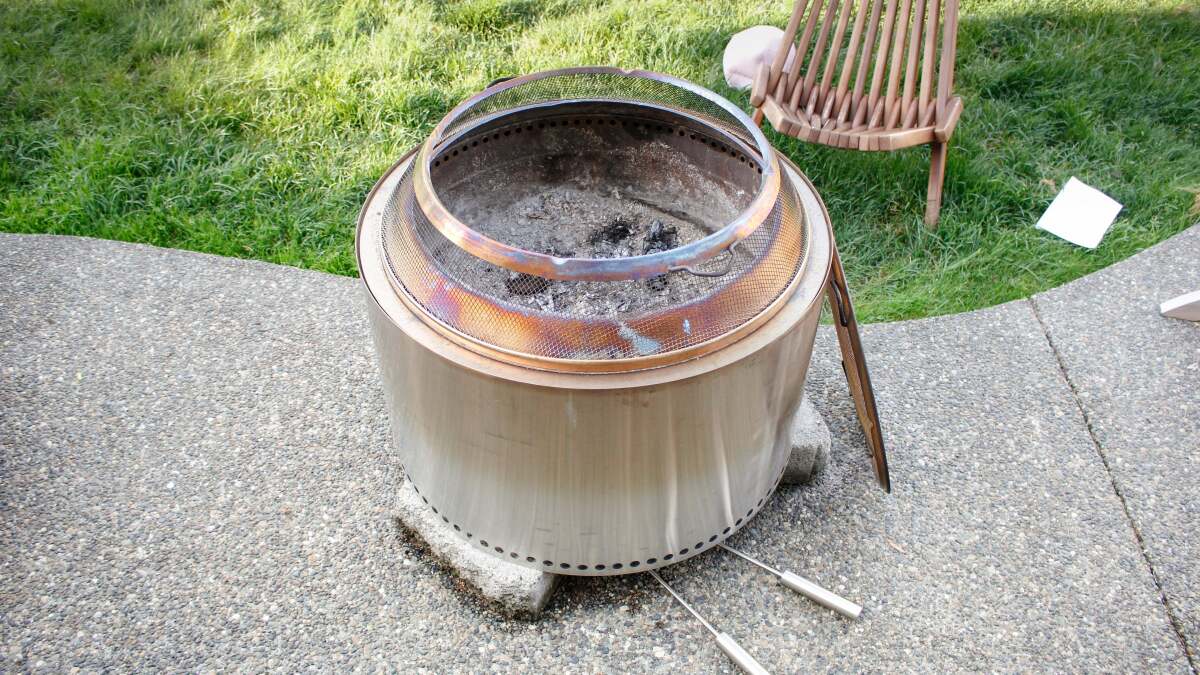

Outdoor Entertaining
How Does A Smokeless Fire Pit Work?
Modified: January 14, 2024
Discover how a smokeless fire pit enhances outdoor entertaining. Learn how it works and why it's a must-have for your outdoor gatherings.
(Many of the links in this article redirect to a specific reviewed product. Your purchase of these products through affiliate links helps to generate commission for Storables.com, at no extra cost. Learn more)
Introduction
If you've ever enjoyed the warmth and ambiance of a traditional fire pit but found yourself bothered by the smoke that often accompanies it, you'll be thrilled to learn about the innovative solution offered by smokeless fire pits. These modern marvels have revolutionized outdoor entertaining by significantly reducing, and in some cases, eliminating, the smoke produced during a fire. But how do they manage to achieve this seemingly impossible feat? In this comprehensive guide, we'll delve into the fascinating world of smokeless fire pits, exploring their design, mechanics, functioning, as well as their advantages and disadvantages.
Whether you're a seasoned outdoor enthusiast or someone who simply enjoys cozy gatherings around a crackling fire, understanding the inner workings of smokeless fire pits can deepen your appreciation for these ingenious creations. From their sleek and modern designs to the advanced technology that drives their smoke-reducing capabilities, there's much to uncover about these innovative alternatives to traditional fire pits. So, sit back, grab your favorite outdoor chair, and let's embark on a journey to unravel the mystery behind the mesmerizing allure of smokeless fire pits.
Key Takeaways:
- Say goodbye to smoky outdoor gatherings with smokeless fire pits! Their advanced design and airflow system minimize smoke, enhancing comfort and ambiance.
- While smokeless fire pits offer a virtually smoke-free experience, consider factors like initial cost and fuel availability before making the switch.
Read more: How Does A Propane Fire Pit Work
The Basics of Smokeless Fire Pits
Smokeless fire pits, also known as smoke-free or smoke-reducing fire pits, are a modern twist on the classic outdoor fire feature. Unlike traditional fire pits, which often produce copious amounts of smoke due to incomplete combustion, smokeless fire pits are designed to minimize or eliminate smoke production. This innovation has transformed the outdoor entertaining experience, allowing individuals to enjoy the warmth and beauty of a fire without the inconvenience and discomfort of smoke.
At the core of smokeless fire pits is the concept of efficient airflow and combustion. Traditional fire pits rely on the natural flow of air to sustain the fire, often resulting in uneven and inefficient burning, leading to the creation of smoke. In contrast, smokeless fire pits leverage advanced design and engineering to optimize airflow and combustion, resulting in a cleaner and more efficient burn.
One of the key elements of smokeless fire pits is the incorporation of secondary combustion. By introducing pre-heated, oxygen-rich air into the fire chamber at specific locations, these fire pits facilitate the complete combustion of wood or other fuel sources, significantly reducing the production of smoke. This innovative approach not only enhances the visual appeal of the fire but also contributes to a more pleasant and comfortable outdoor environment.
Furthermore, smokeless fire pits often feature carefully engineered structures, such as double-wall construction and specialized airflow patterns, to further enhance their smoke-reducing capabilities. These design elements work in harmony to create a controlled and efficient burning environment, minimizing the byproducts that typically lead to smoke generation.
Whether fueled by wood, propane, or natural gas, smokeless fire pits offer a versatile and eco-friendly alternative to traditional fire pits. Their ability to deliver a mesmerizing, smoke-free fire experience has made them a sought-after addition to outdoor spaces, ranging from backyard patios to campsites and beyond. As we delve deeper into the mechanics and functioning of smokeless fire pits, you'll gain a comprehensive understanding of the innovative features that set them apart from their conventional counterparts.
The Design and Mechanics of Smokeless Fire Pits
Smokeless fire pits boast a sophisticated and meticulously engineered design that sets them apart from traditional fire pits. Their innovative mechanics work in harmony to achieve efficient combustion and minimize smoke production, offering a captivating and comfortable outdoor fire experience. Let’s explore the key design elements and mechanics that contribute to the remarkable smoke-reducing capabilities of these modern fire pits.
One of the defining features of smokeless fire pits is their carefully crafted airflow system. Unlike traditional fire pits, which often suffer from inconsistent airflow patterns leading to incomplete combustion and smoke generation, smokeless fire pits are equipped with strategically designed air channels and vents. These components facilitate optimal oxygen flow to the fire, promoting thorough combustion and reducing the likelihood of smoke formation.
Furthermore, many smokeless fire pits incorporate a double-wall construction, which serves multiple purposes. The outer wall acts as a protective barrier, preventing heat transfer to the surrounding environment and ensuring the exterior of the fire pit remains safe to touch. Meanwhile, the inner wall creates a convective air flow pattern, drawing in cool air from the outside and directing it to the fire chamber, where it contributes to the combustion process. This innovative design not only enhances safety but also plays a pivotal role in the smoke reduction mechanism.
Another crucial aspect of smokeless fire pit design is the integration of secondary combustion systems. These systems introduce pre-heated air into the fire chamber at specific locations, promoting the combustion of any remaining particulates and gases that would otherwise contribute to smoke. By harnessing this secondary combustion process, smokeless fire pits achieve a more complete and efficient burn, resulting in a visually stunning and virtually smoke-free fire.
Additionally, the choice of fuel plays a significant role in the design and mechanics of smokeless fire pits. While wood-burning smokeless fire pits are popular for their rustic charm and natural ambiance, propane and natural gas-fueled options offer convenient and clean-burning alternatives. The flexibility to select the most suitable fuel type further enhances the appeal of smokeless fire pits, catering to diverse preferences and outdoor settings.
By combining advanced airflow engineering, double-wall construction, secondary combustion systems, and versatile fuel options, smokeless fire pits exemplify the marriage of form and function. Their thoughtfully crafted design and innovative mechanics converge to deliver an enchanting and virtually smoke-free fire experience, elevating outdoor gatherings and creating lasting memories amidst the mesmerizing dance of flames.
The Functioning of a Smokeless Fire Pit
Understanding the functioning of a smokeless fire pit unveils the intricate interplay of design elements and engineering that culminate in its remarkable smoke-reducing capabilities. From the ignition of the fire to the sustained, virtually smoke-free burn, each stage of a smokeless fire pit’s functioning contributes to a captivating and comfortable outdoor fire experience.
At the core of a smokeless fire pit’s functioning is the ignition process. Whether ignited using wood, propane, or natural gas, the initial stages of combustion set the foundation for a clean and efficient burn. As the fuel source ignites and begins to generate heat, the carefully engineered airflow system within the fire pit comes into play, facilitating the intake of oxygen to support the combustion process. This optimized airflow promotes thorough burning, minimizing the formation of smoke right from the onset of the fire.
As the fire intensifies, the secondary combustion system within the smokeless fire pit contributes to the reduction of smoke. Pre-heated, oxygen-rich air is introduced into the fire chamber at specific locations, effectively igniting any remaining particulates and gases that might lead to smoke production in a traditional fire pit. This secondary combustion process plays a pivotal role in ensuring a visually stunning and virtually smoke-free fire, enhancing the overall ambiance of the outdoor space.
Throughout the sustained burn of the fire, the double-wall construction of the smokeless fire pit serves as a key component of its functioning. The outer wall acts as a barrier, preventing excessive heat transfer to the surroundings and maintaining a safe exterior temperature. Meanwhile, the inner wall facilitates a convective air flow pattern, drawing in cool air from the outside and channeling it to the fire chamber, where it contributes to the combustion process. This controlled airflow not only supports efficient burning but also aids in minimizing smoke production, creating a more enjoyable and comfortable environment for those gathered around the fire pit.
Furthermore, the choice of fuel significantly influences the functioning of a smokeless fire pit. Wood-burning smokeless fire pits offer a traditional and rustic fire experience, complete with the crackling sounds and aromatic ambiance of a wood fire, while propane and natural gas-fueled options provide convenient and clean-burning alternatives. The versatility in fuel selection allows individuals to tailor their outdoor fire experience to suit their preferences and the specific ambiance they wish to create.
By seamlessly integrating advanced airflow engineering, secondary combustion systems, and versatile fuel options, smokeless fire pits exemplify a harmonious blend of functionality and aesthetics. Their functioning not only delivers a captivating and virtually smoke-free fire but also enhances the overall outdoor ambiance, fostering memorable moments and enriching the outdoor entertaining experience.
A smokeless fire pit works by using a double-wall airflow system to burn the wood more efficiently, resulting in a cleaner and more complete combustion process. This reduces smoke and produces a more enjoyable and eco-friendly fire experience.
Advantages of Smokeless Fire Pits
Smokeless fire pits offer a myriad of advantages that have propelled them to the forefront of outdoor fire features, captivating enthusiasts and casual users alike. From their captivating ambiance to their environmental friendliness, these innovative fire pits have redefined outdoor entertaining. Let’s explore the compelling advantages that make smokeless fire pits a sought-after addition to any outdoor space.
- Reduced Smoke Emission: The most apparent advantage of smokeless fire pits is their ability to minimize or eliminate smoke production during burning. This not only enhances the comfort of those gathered around the fire but also contributes to a cleaner and more enjoyable outdoor environment. Say goodbye to constantly shifting to avoid smoke, and hello to uninterrupted conversations and relaxation around the mesmerizing flames.
- Enhanced Safety: The double-wall construction of many smokeless fire pits not only contributes to their smoke-reducing capabilities but also serves as a safety feature. By minimizing heat transfer to the outer surface, these fire pits remain safe to touch, reducing the risk of accidental burns. This is particularly beneficial for families with children and pets, providing peace of mind during outdoor gatherings.
- Efficient Fuel Consumption: Smokeless fire pits are designed to promote efficient combustion, resulting in optimal utilization of the fuel source. Whether using wood, propane, or natural gas, these fire pits maximize the energy output while minimizing waste and byproducts. This efficiency not only enhances the longevity of the fire but also contributes to cost savings and environmental sustainability.
- Versatile Fuel Options: Smokeless fire pits offer the flexibility to choose from various fuel types, including wood, propane, and natural gas. This versatility allows individuals to tailor their outdoor fire experience to suit their preferences, the specific ambiance they wish to create, and the availability of fuel sources. Whether seeking the rustic charm of a wood fire or the convenience of gas, smokeless fire pits cater to diverse needs and preferences.
- Modern and Sleek Designs: Beyond their functional advantages, smokeless fire pits often feature modern and sleek designs that complement outdoor spaces. From minimalist, angular shapes to elegant, circular forms, these fire pits serve as stylish focal points, adding a touch of sophistication to patios, gardens, and other outdoor settings. Their aesthetic appeal enhances the overall ambiance and visual allure of the outdoor space.
By combining these compelling advantages, smokeless fire pits have emerged as a game-changer in the realm of outdoor fire features. Their ability to deliver a captivating, virtually smoke-free fire experience, coupled with enhanced safety, efficiency, and aesthetic appeal, has cemented their status as a must-have addition for outdoor enthusiasts seeking to elevate their gatherings and create lasting memories amidst the enchanting glow of a smokeless fire.
Read more: How Does A Solo Fire Pit Work
Disadvantages of Smokeless Fire Pits
While smokeless fire pits offer a host of compelling advantages, it’s important to consider their potential drawbacks to make an informed decision regarding their suitability for your outdoor space. Understanding the limitations of these innovative fire features can help you weigh the pros and cons and determine the best fit for your specific preferences and requirements. Let’s explore some of the potential disadvantages associated with smokeless fire pits.
- Initial Cost: Smokeless fire pits often involve a higher initial investment compared to traditional fire pits. Their advanced design, engineering, and smoke-reducing features contribute to a premium price point. While this initial cost may be offset by long-term benefits, such as reduced fuel consumption and enhanced safety, it’s essential to consider the upfront financial commitment when considering a smokeless fire pit.
- Complexity of Design: The sophisticated design and engineering of smokeless fire pits, including features such as double-wall construction and secondary combustion systems, may introduce a level of complexity that requires careful maintenance and occasional servicing. Understanding and adhering to the manufacturer’s guidelines for upkeep and any necessary repairs is crucial to ensure the optimal performance and longevity of the fire pit.
- Dependency on Fuel Availability: While smokeless fire pits offer the versatility of using various fuel types, such as wood, propane, and natural gas, the availability and cost of these fuels in your area may impact the practicality of operating the fire pit. Individuals residing in regions with limited access to specific fuel sources may encounter challenges in consistently fueling their smokeless fire pit according to their preferences.
- Regulatory Considerations: Depending on local regulations and ordinances, the installation and operation of smokeless fire pits, particularly those fueled by wood or other combustible materials, may be subject to specific restrictions or requirements. It’s crucial to familiarize yourself with any relevant regulations governing outdoor fires in your area to ensure compliance and responsible usage of a smokeless fire pit.
- Adaptation Period: Transitioning from a traditional fire pit to a smokeless fire pit may require an adaptation period for users accustomed to the distinct ambiance and experience of a smoky fire. While the virtually smoke-free environment offered by smokeless fire pits is a significant advantage, some individuals may find the absence of smoke to be a departure from the familiar sensory elements associated with traditional fires.
By acknowledging these potential disadvantages, individuals considering the incorporation of a smokeless fire pit into their outdoor space can make informed decisions aligned with their preferences, budget, and local regulations. While the advantages of smokeless fire pits are compelling, understanding and addressing their limitations is essential to maximize the enjoyment and practicality of these innovative outdoor fire features.
Conclusion
As we conclude our exploration of smokeless fire pits, it’s evident that these innovative outdoor features have redefined the traditional concept of outdoor fires, offering a captivating and virtually smoke-free experience. From their advanced design and engineering to their compelling advantages and potential limitations, smokeless fire pits represent a harmonious blend of functionality, aesthetics, and environmental consciousness.
By leveraging sophisticated airflow systems, secondary combustion mechanisms, and versatile fuel options, smokeless fire pits have addressed the longstanding issue of smoke production, enhancing the comfort and enjoyment of outdoor gatherings. The reduction of smoke emission not only contributes to a cleaner and more pleasant outdoor environment but also fosters uninterrupted conversations and relaxation around the mesmerizing flames.
Furthermore, the safety features, efficient fuel consumption, and modern designs of smokeless fire pits have positioned them as sought-after additions to a diverse range of outdoor spaces. Whether adorning a cozy backyard patio or serving as a centerpiece for outdoor events, these fire pits offer an alluring combination of practicality and visual appeal.
While it’s important to consider the potential drawbacks, such as the initial cost and regulatory considerations, the overall impact of smokeless fire pits on the outdoor entertaining landscape is undeniably transformative. Their ability to deliver a captivating, virtually smoke-free fire experience, coupled with enhanced safety, efficiency, and aesthetic appeal, has solidified their status as a game-changer in the realm of outdoor fire features.
As you embark on your journey to enhance your outdoor space with a smokeless fire pit, we encourage you to weigh the advantages and potential limitations, aligning them with your preferences and requirements. By making an informed decision and embracing the innovative allure of smokeless fire pits, you have the opportunity to create lasting memories and elevate the ambiance of your outdoor gatherings amidst the enchanting glow of a virtually smoke-free fire.
Frequently Asked Questions about How Does A Smokeless Fire Pit Work?
Was this page helpful?
At Storables.com, we guarantee accurate and reliable information. Our content, validated by Expert Board Contributors, is crafted following stringent Editorial Policies. We're committed to providing you with well-researched, expert-backed insights for all your informational needs.
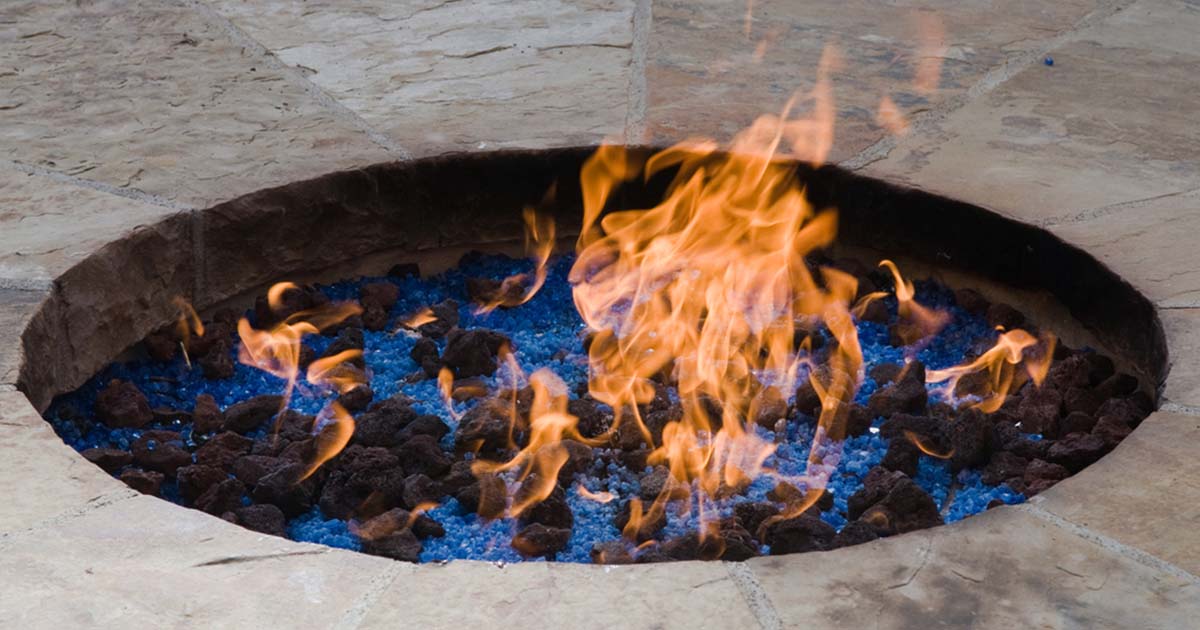
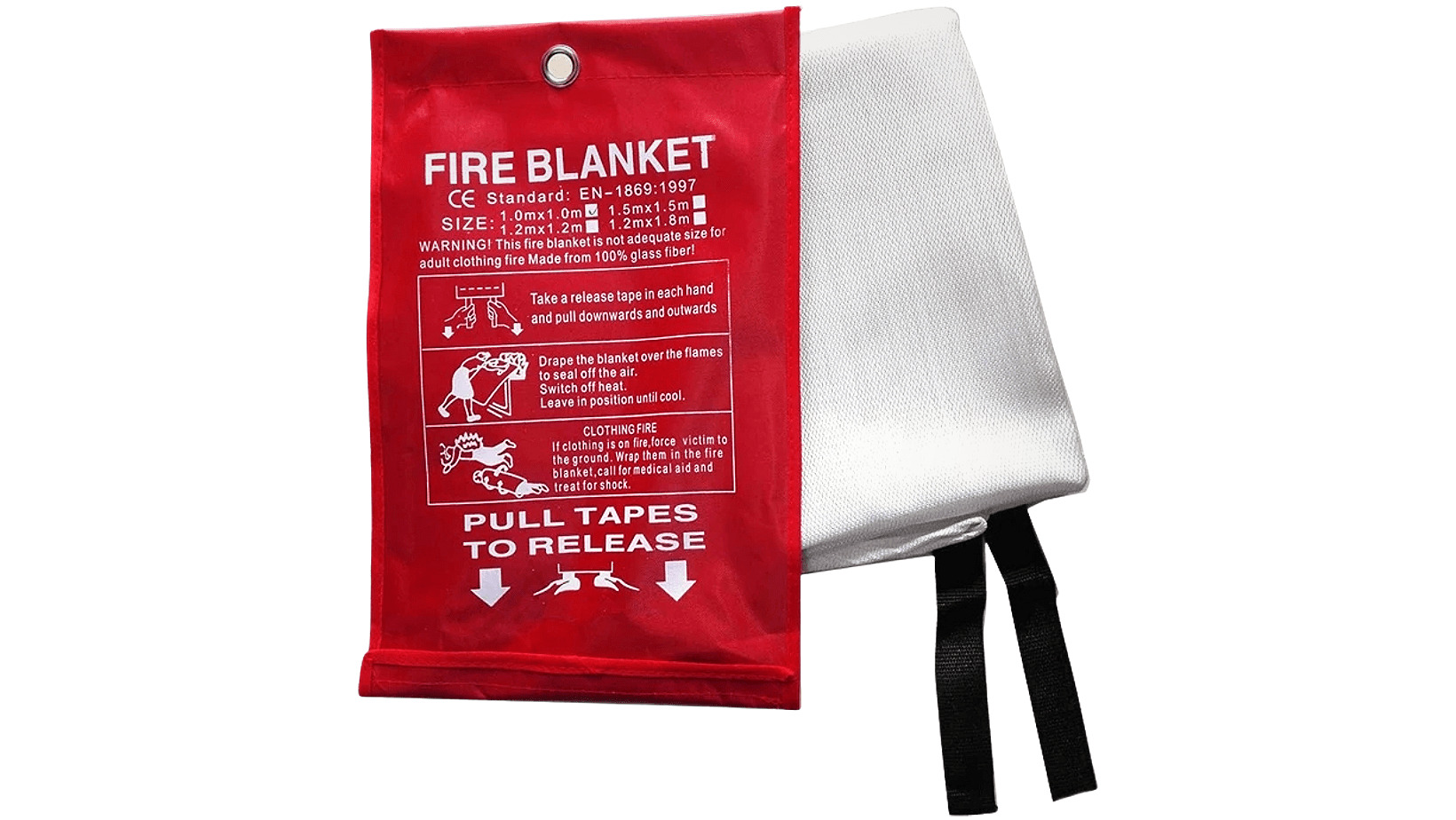



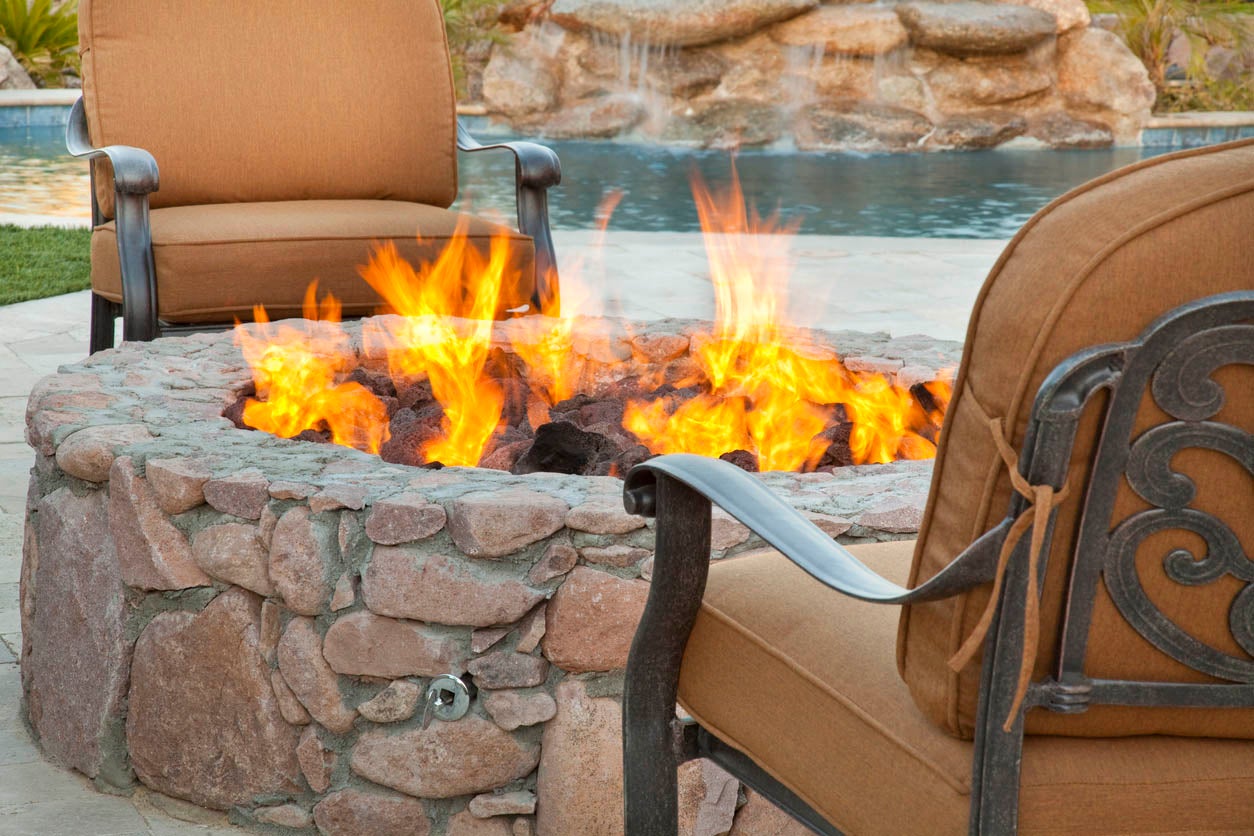

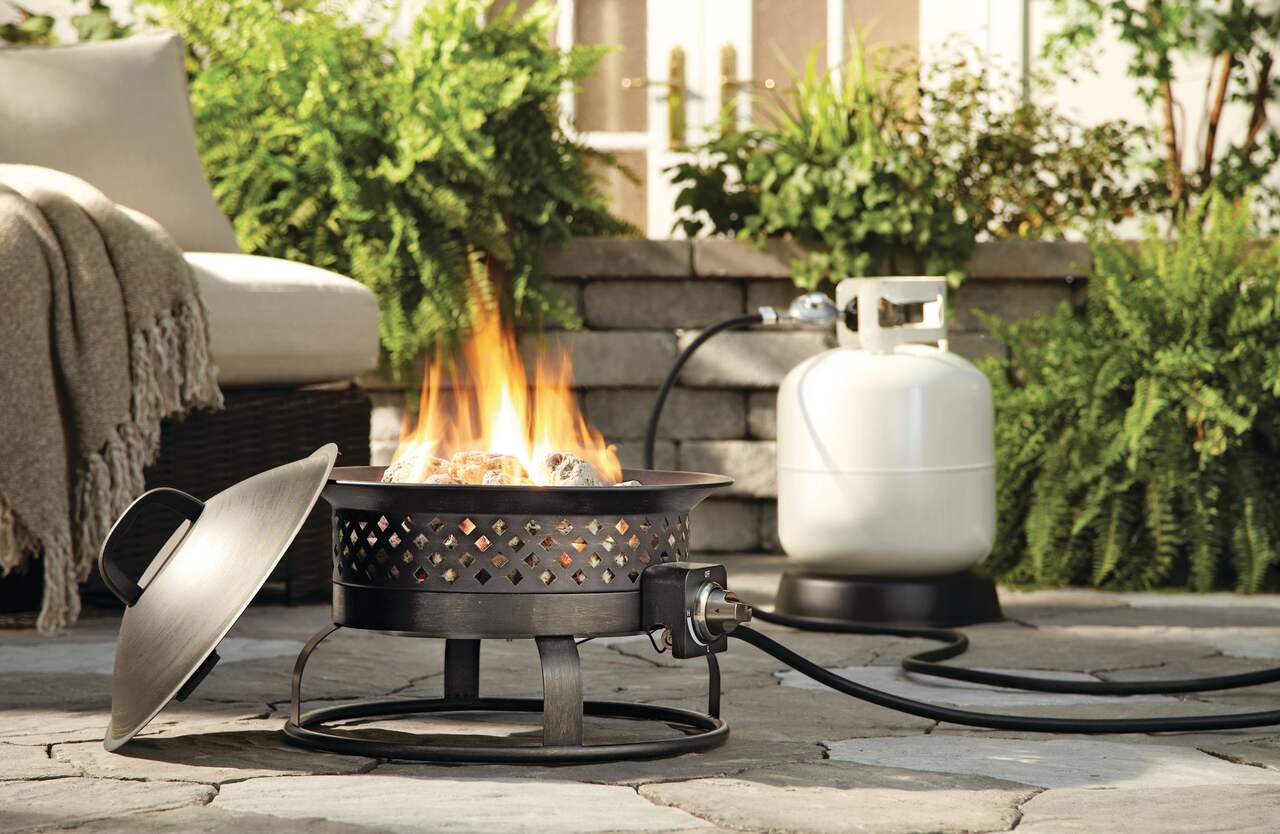

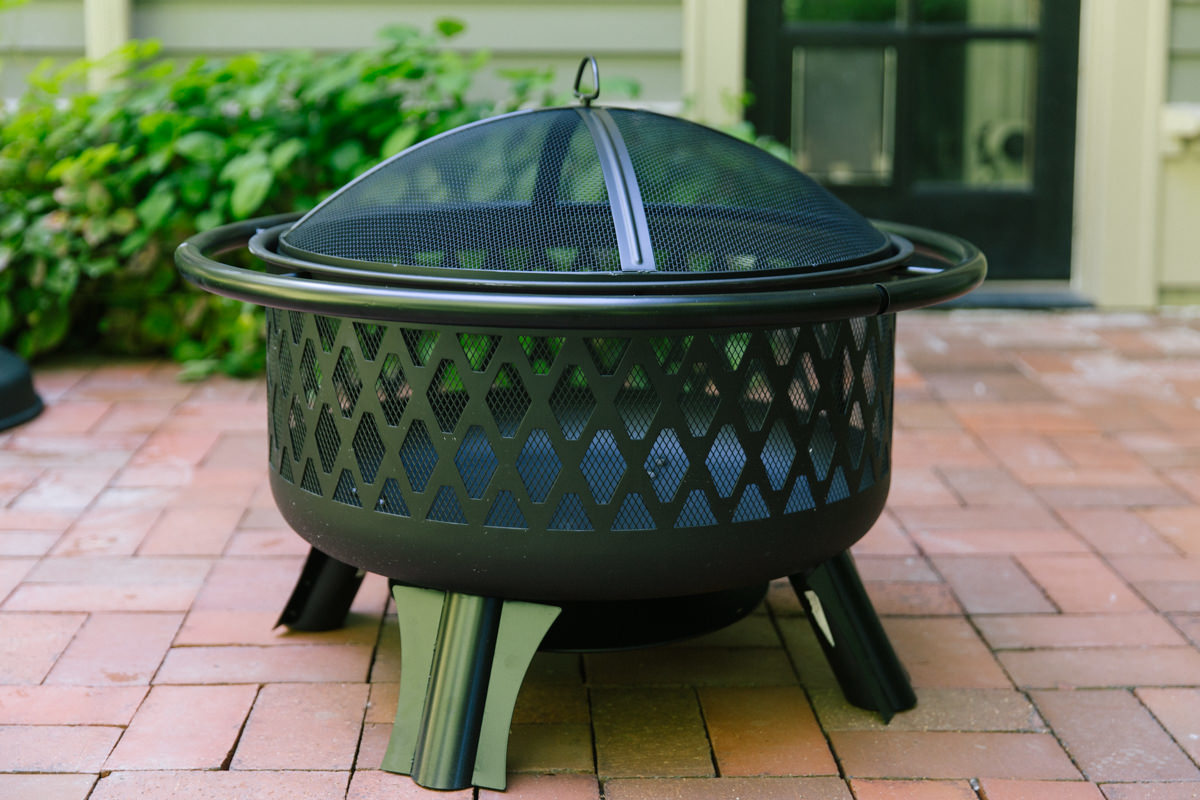
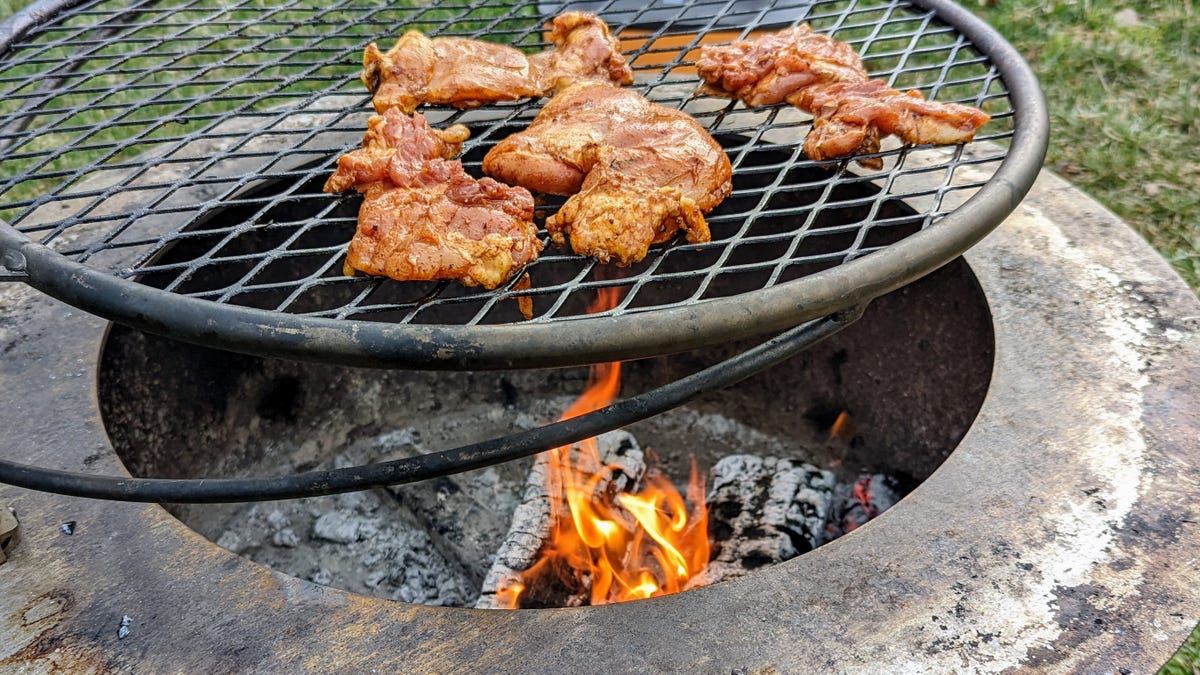

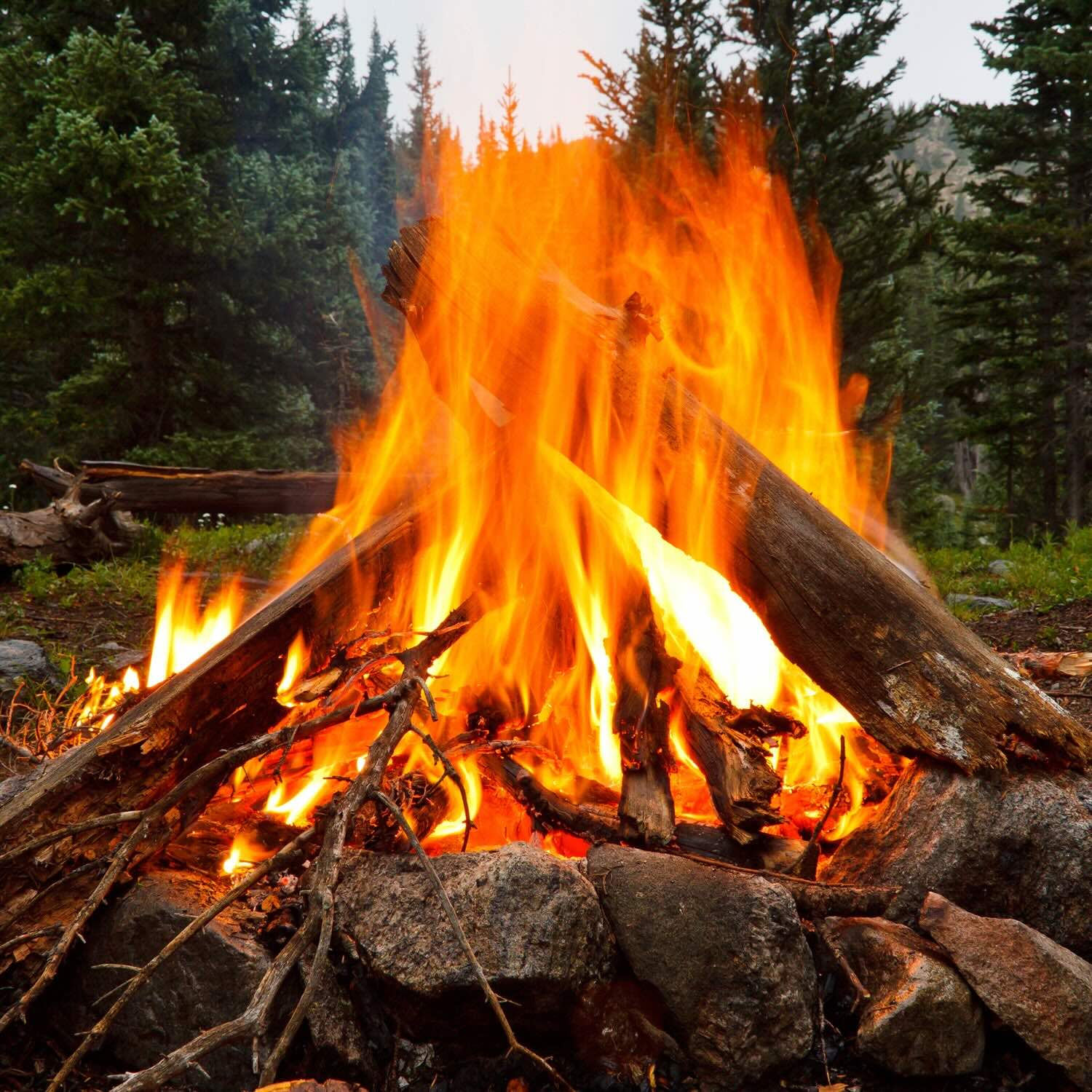


0 thoughts on “How Does A Smokeless Fire Pit Work?”